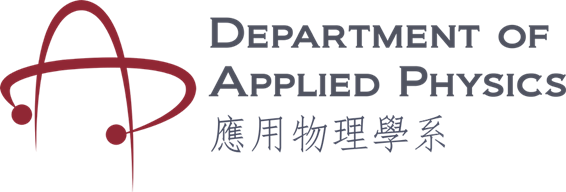Work-integrated Education (WIE) aims to provide students with an opportunity to gain valuable work-based learning experience in an organizational context relevant to their future professions, and develop generic skills that will be useful in those professions.
In principle, the objectives of WIE activities should enable students to:
- apply knowledge and skills learnt in the classroom to real work situations;
- have a better understanding of the workplace philosophy;
- appreciate the role of languages in professional workplaces;
- enhance their generic skills and nurture their personal development; and
- identify their career interests and prepare for future employment.
How Department design WIE activities?
- there would be intended learning outcomes set for work-based learning;
- the work experience would be designed to aim at the attainment of the intended learning outcomes, instead of leaving learning to occur incidentally as a side effect of work; and
- there would be appropriate support mechanisms to ensure that effective learning does take place.
Structure of WIE
WIE should be a cooperative venture between the Department and the work organization. It may take the following forms as long as the requirements of the academic programme concerned are satisfied:
- summer placement (normally of two-month duration in Year 1, 2 or 3 of an academic programme) at a suitable participating organisation;
- placement at a suitable participating organisation for a specified period of time;
- WIE programmes offered by CPS such as International WIE programmes, Local WIE programmes and Mainland WIE programmes;
- placement in a collection of community service programmes of an acceptable aggregate duration;
- placement found by the student him/herself at an external organisation and deemed to be suitable by the Department and the Dean in meeting the WIE requirements (such a placement must be declared by the student in advance so that the Department can assess its suitability);
- relevant placement as student assistant at an administrative unit or the Industrial Centre of PolyU;
- placement within the IAESTE (International Association for the Exchange of Students for Technical Experience) programme in which the student is attached to a workplace abroad during the training; and
- the work of a student’s final-year degree project which involves an industrial partner or external client (the student needs not be placed at the company but should make frequent visits to ensure that the project will meet the specifications required by the company).




